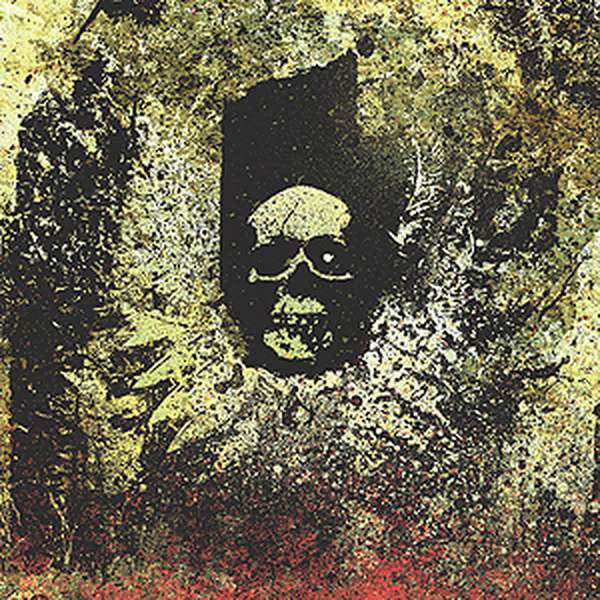The Great Deceiver is the long running project of Tomas Lindberg, also of Disfear and formerly of At the Gates, The Crown, and others, and Kristian Wahlin of Necrolord. There is a great deal of parallels to Lindberg's past work in At the Gates, with a bit of commonality in the guitar sound but with a bit more simplicity and electronics usage. Life is Wasted on the Living is the band's third full-length, first for Deathwish Inc., and fifth release overall in just over eight years of activity.
The opening of "Home to Oblivion" is a bit unsettling, it kind of straddles the line of the d-beat punk style at times and then has the melodic guitar lines of the Gothenburg sound - both of which Lindberg is intimately aware. The song continues to have this kind of utterly schizophrenic feel. Lindberg tosses out some pretty good lyrics from a sloganeering/ catchy rebellious polemic viewpoint: "Your ideology, your beliefs/ Your beautiful cage / Your 9 to 5, your career / Your way to failure, and age / Domesticated and bred in captivity."
"The Big Radiating Nothing" contains a great "chorus" that has a subtle hint of another vocal track that works pretty well there. The electronic break in the song that serves as an outro continues to add to the fractured feel that the album seems to have. "Annihilating Liberty" also has some interesting vocal lines: "Agoraphobia / Compulsive disorder / Denial, apathy and stress / The High cost of comfort / The pursuit of a life in excess." The chorus of "Subliminally / They fuck with your head" is somehow made catchy in this song. I personally enjoy "Small Town Ignorance" as it hits home pretty hard and somewhat puts into words how I felt about my home town; somehow I get the impression that many people could relate to this song a great deal.
Life Is Wasted on the Living is roughly forty-five minutes of schizophrenic music that has tons of beefy guitars, weird noises that cut the flow up, and an overall thick heavy sound with little to no actual let up of aggression. Luckily, it is just the right length for it to remain fresh; any longer and the album would be hard to get through because of the constant pummeling and the droning sound of some of the guitars. My big complaint about the record is the sometimes muddy production sound, although, with the seeming every square millimeter of sound space full of distorted guitars, vocals, and weird noises, I could not imagine it being an easy task. Fans of Lindberg's past work should find plenty here that they will enjoy listening to and will be rewarded with repeated listens, as I liked this more with each listen.



